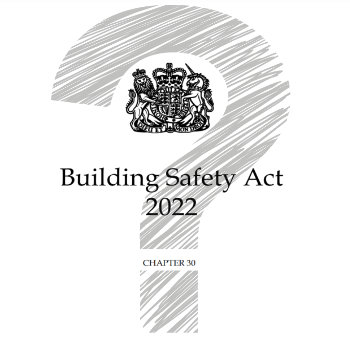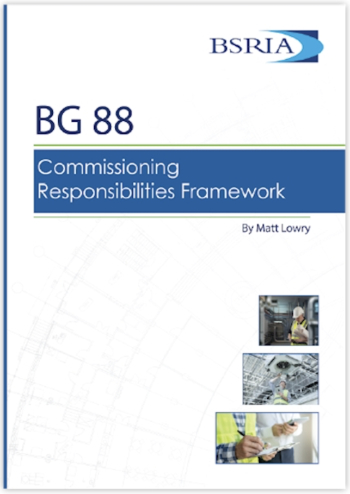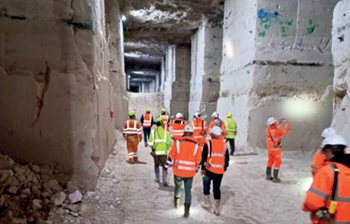Expediting
Expediting is a project management activity which monitors the supply chain to ensure goods and items that have been ordered for a construction project arrive on time and meet the quality specified.
Construction projects – particularly large ones – can involve significant quantities of materials, labour and other services. A large contractor may have to manage thousands of employees and hundreds of tonnes of material and other products. Delays in the supply of products, materials or equipment can mean the project will not be completed to time or on budget. As well as the extra, unforeseen costs involved, such delays can destroy reputations and even result in job losses or claims.
Expediting is used to manage such risks and ensure the project is completed within the specified contract dates. It involves following-up purchases to ensure that items ordered are delivered on time and to the point required by the contractor.
Expeditors (or members of the procurement department) should:
- Know what has been purchased or ordered.
- Ensure Items ordered arrive as close as possible to the time when they are needed.
- Ensure goods attain the required quality and are packaged correctly.
- Be aware of the consequences if the goods do not arrive on time.
- Have up-to-date knowledge of the progress on the site and of shipments and production schedules.
- Meet with, or stay in contact with suppliers to verify the progress of items in production and checking quality, packing, conformity with standards and so on.
Expediting on a construction site can be undertaken by a person or persons in the contractors’ procurement department, by the project management team or by a specialist, independent third-party firm offering expediting services. Such specialist firms can:
- Supply periodic status reports on the project’s progress.
- Identify any problem areas that could cause delays, instigating counter measures to minimise the impact of such delays.
- Ensure the timely delivery of materials and equipment and fulfil the delivery terms of the contract.
- Undertake on-site inductions.
- Provide other services.
- Inspection, reporting and monitoring the dispatch of materials.
- Field and desk (telephone) expediting and supplier performance monitoring.
While an independent external expeditor may increase the project costs, this could be insignificant when compared to the consequences of late delivery.
See also: Expedite
[edit] Related articles on Designing Buildings Wiki
Featured articles and news
Classroom electrician courses a 'waste of money'
Say experts from the Electrical Contractors’ Association.
Wellbeing in Buildings TG 10/2025
BSRIA topic guide updates.
With brief background and WELL v2™.
From studies, to books to a new project, with founder Emma Walshaw.
Types of drawings for building design
Still one of the most popular articles the A-Z of drawings.
Who, or What Does the Building Safety Act Apply To?
From compliance to competence in brief.
The remarkable story of a Highland architect.
Commissioning Responsibilities Framework BG 88/2025
BSRIA guidance on establishing clear roles and responsibilities for commissioning tasks.
An architectural movement to love or hate.
Don’t take British stone for granted
It won’t survive on supplying the heritage sector alone.
The Constructing Excellence Value Toolkit
Driving value-based decision making in construction.
Meet CIOB event in Northern Ireland
Inspiring the next generation of construction talent.
Reasons for using MVHR systems
6 reasons for a whole-house approach to ventilation.
Supplementary Planning Documents, a reminder
As used by the City of London to introduce a Retrofit first policy.
The what, how, why and when of deposit return schemes
Circular economy steps for plastic bottles and cans in England and Northern Ireland draws.
Join forces and share Building Safety knowledge in 2025
Why and how to contribute to the Building Safety Wiki.
Reporting on Payment Practices and Performance Regs
Approved amendment coming into effect 1 March 2025.























